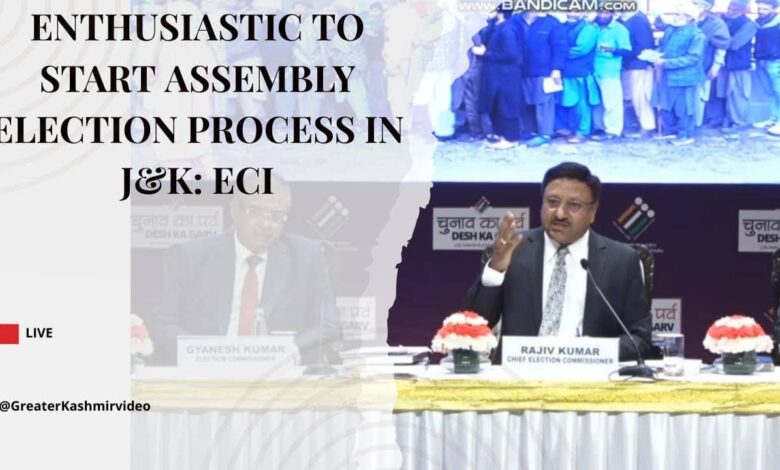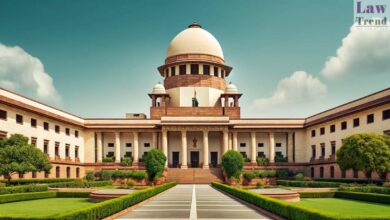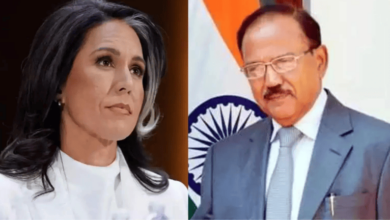
The Election Commission of India (ECI) has taken a notable step in this regard after it announced the decision-making process to conduct Assembly elections in the Union Territory of Jammu and Kashmir (J&K). This comes in the backdrop of the Chief Election Commissioner of India, Rajiv Kumar, telling the people of J&K that their wait for a democratic regime in the form of a government in the UT will not be long now.
In a press note by Jaydeb Lahiri, the Secretary of the ECI, it was stated that the said commission would ‘accept applications for symbols for reservation for common man in concentrate area in Union Territory of Jammu and Kashmir for the immediate effect for election Symbols (Reservation & Allotment) order 1968 para 10B for legislative Assembly of General Election’.
The last Assembly election in J&K was in 2014, which arose a government with the BJP and PDP alliance with Mufti Sayeed as the CM. As for the advent of IAS officers into mainstream politics, it was in January 2016 that the senior Mufti, Sayeed, died, and his daughter, Mehbooba Mufti, succeeded him. But on June 18, 2019, the BJP pulled out its ministers from the composite government, forcing Mehbooba Mufti to resign.
It was later created into a Union Territory on 5th August 2019 following the stripping of Article 370 and Article 35A. Since then, the UT of J&K has been administered by a Lieutenant Governor. Having already exceeded the normal word limit, I shall refrain from elaborating on these entities and events and proceed towards analyzing the current situation and its likely impact on Ladakh, Leh, and Kargil.
The Assembly elections in J&K are soon of great political and democratic relevance. People in J&K will definitely get back their elected government to run the state, which will meet the commitments made by the central leadership. The idea of the change is to enhance the tenets of democracy and make the people of J&K capable of being heard in running their affairs.



